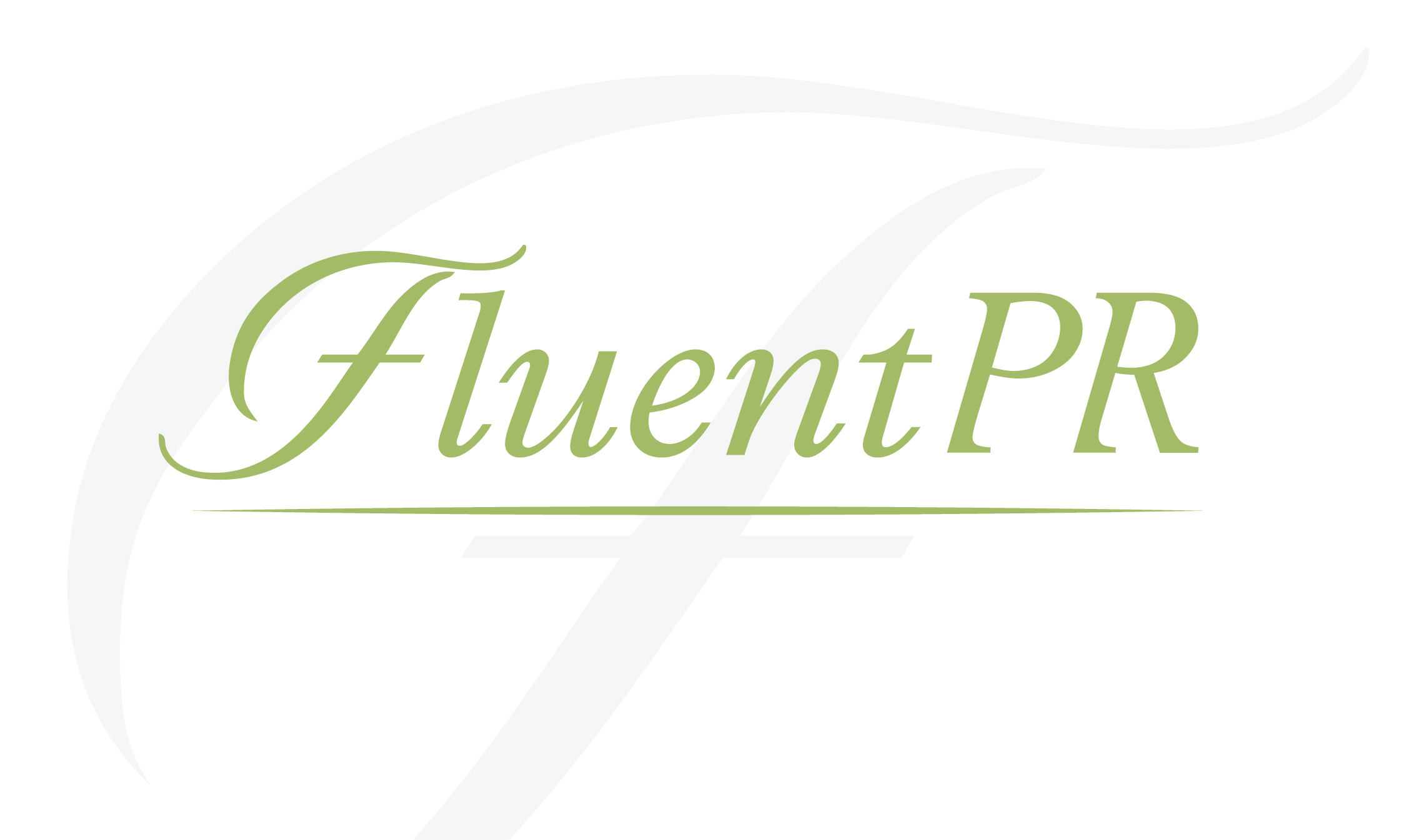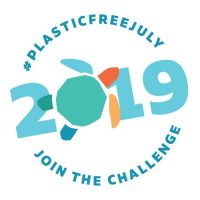It’s Plastic-Free July, designated as such by the Plastic Free Foundation. You can be sure that you’ll be seeing clips from The Graduate a lot over the next month, because in the 1960s plastic was deemed the future. It was going to change the world.
How prescient.
Because plastic has changed the world, just not always for the better. It is everywhere. It seems plastic has become an invasive species, destroying oceans, filling landfills, and getting caught in trees. It’s not a pretty sight – but what it looks like is less critical than the negative impact it is having on our world.
In a recent series published by National Geographic, the longevity of plastic containers lives was discussed this way: If the Pilgrims had … simply tossed their empty bottles and wrappers over the side, Atlantic waves and sunlight would have worn all that plastic into tiny bits. And those bits might still be floating around the world’s oceans today, sponging up toxins to add to the ones already in them, waiting to be eaten by some hapless fish or oyster, and ultimately perhaps by one of us.
Recycling is well-established throughout the country, in homes, offices and on street corners. National Geographic, in its film on the topic, states that of the 8.3 billion metric tons of plastic that have been produced, 91% is not recycled.
Instead, it lands on ocean floors, on beaches, and in exploding landfills – ultimately polluting the food we eat with toxins.
But this isn’t an article on recycling. It’s on PR.
Plastic has an image problem. For good reason, certainly. It made us wonder why chemical companies who make plastics haven’t stepped up their image management. And then we landed on a big announcement earlier this year.
Founded in January of 2019, the Alliance to End Plastic Waste has not only secured the ears of many but put them to work as well. The alliance works on multiple levels. It thinks and acts globally, entrepreneurially, technologically – and publicly. It unites industry, community, government and society, addressing plastic across the value chain from start to finish.
Impacting change today requires more than a message. It requires the ability to impact change at many levels, across many industries, and through multiple platforms.

It is up to individuals, governments, corporations and society at large to find new ways to address the current problem and curtail future effects. It is up to public relations practitioners to help create and tell that story and spread it far and wide.
In kicking off Plastic-Free-July, we’ll direct you to the Plastic Ocean Project, which has a dynamic local chapter here at the University of North Carolina Wilmington. This student-led chapter has organized a music festival, a recycled plastic art installation, several beach clean-up initiatives, and led an impressive community awareness campaign. Seems they may have some PR pros in-the-making.
That’s what plastic has to do with public relations: we create awareness that impacts change.
Alliance to End Plastic Waste, Atlantic, Awareness, Clean-Up, Climate Change, Coastal City, Coastal Issue, Communicating, Communications, Corporations, Digital Communications, Environment, Environmental Impact, Environmental Responsibility, environments, Fluent PR, Fluent PR Blog, Global, Global Warming, glocal, Government, governments, Greenhouse Gasses, Impact, Landfills, National Geographic, NC, North Carolina, Oceans, Plastic Free Foundation, Plastic Ocean Project, Plastic-Free July, PR, PR Firm, Public Relations Practitioners, Recycling, The Graduate, Trees, UNCW, University of North Carolina at Wilmington, What Does Plastic Have To Do With PR!?, Wilmington, Wilmington NC Public Relations Firm, Wilmington North Carolina


